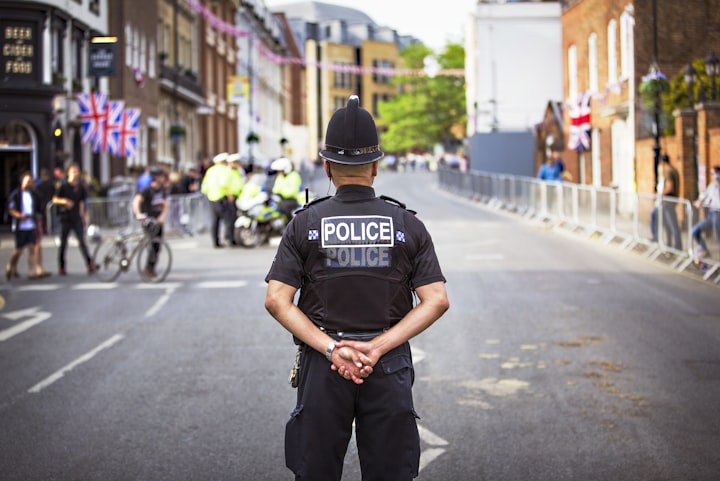
The preconceived image of the police force is a service that is very public facing―most people encounter police every day, passing them in city centres, patrolling shopping centres, and helping the local community through projects aimed at bringing the public together.
However, there are even more roles in the police that go unnoticed but are essential for the continued success of the wider criminal justice system. Here we look at some of the roles that our hidden heroes of the police force are doing to keep our area safer and happier.
Forensic Officers
Forensic Officers, or Scenes of Crime Officers (SOCO), are an essential part of the Police Force, finding, recording, and recovering evidence from crime scenes. But their efforts are often made in private, preserving the integrity of evidence from the public.
There’s a suitable difference between investigating crime scenes and community policing. On a day to day basis, SOCOs will use photography and video to record crimes scenes, while producing written records and statements, and updating evidence records. There’s also a greater mix of working environments, from the street, to court, at mortuaries and police stations.
The work done in forensics is essential for the criminal justice system. One bit of evidence can make all the difference for a court conviction. SOCOs can provide evidence which explains who committed a crime, when the crime took place, and reveal intricate details that may ordinarily go unnoticed.
One type of evidence that forensic officers collect is fingerprints. Fingerprints have been used to convict criminals in the UK since 1902, when Harry Jackson was found guilty of burglary after leaving prints on a freshly painted windowsill. To this day, even after a century of forensic innovations, fingerprints remain the most essential form of evidence to charge people with.
Family Liaison Officers
Not all police officers fight lawlessness on the daily, some make sure that communities and families stay safe in adversity. Family liaison officers are still investigators, but their role is to gather evidence from families to assist investigations and maintain the integrity of the process. They are essential for providing people with support and information, especially in sensitive cases where compassion is needed.
These officers must maintain confidence and trust from families affected by crime, include homicide, road fatalities, and other unfortunate incidents. Family members have the right to information, and sharing this information with families appropriately is an important part of police investigations.
When families need to be contacted by the police, family liaison officers will usually be the singular point of contact. Therefore, it’s important that these public service members are emotionally aware and able to deliver support while keeping an open mind to ongoing investigations.
Community Support Officers
You may be used to seeing Community Support Officers patrolling the streets, but many functions of public support happen behind closed doors. For those looking for a potential career in policing, police forces across the country are supporting students with their educational development.
For young people prospecting a future as a public service member, the opportunity to learn directly from professionals within the policing community is invaluable. Diploma courses in policing give young people an employment edge over their peers by increasing their chances of securing a career in the police. Diversity, UK law, and inclusion are all covered on the curriculum.
One education centre which provides policing courses is Newcastle College, who are supported in their teaching by their local force, Northumbria Police. The force offers work experience and guest lectures to provide an access path into the police, while demonstrating how policing is a viable and positive career path.
Scott Bullock, Principal of Newcastle College said: “Gaining hands-on skills, industry insight and real experience are at the heart of everything we offer at Newcastle College and Newcastle College University Centre.
“The fantastic relationships we’ve developed with organisations such as Northumbria Police, British Transport Police and Newcastle City Council have helped us to ensure our policing courses meet their highest standards and supported hundreds of our students to pursue their vocations in vital public service roles.”
Policing is not just about police constables and patrolling the streets. It’s important to remember that the police offer many more services that don’t immediately spring to mind. A career in policing can reveal all the hidden roles and jobs that are undertaken every day, from supporting families to educating future public service members.
Sources
https://www.prospects.ac.uk/job-profiles/crime-scene-investigator
http://aboutforensics.co.uk/harry-jackson/
https://beta.northumbria.police.uk/about-us/policies/general-policing-issues/family-liaison/
About the Creator
Amy Mercer
Artist & Content Strategist






Comments
There are no comments for this story
Be the first to respond and start the conversation.